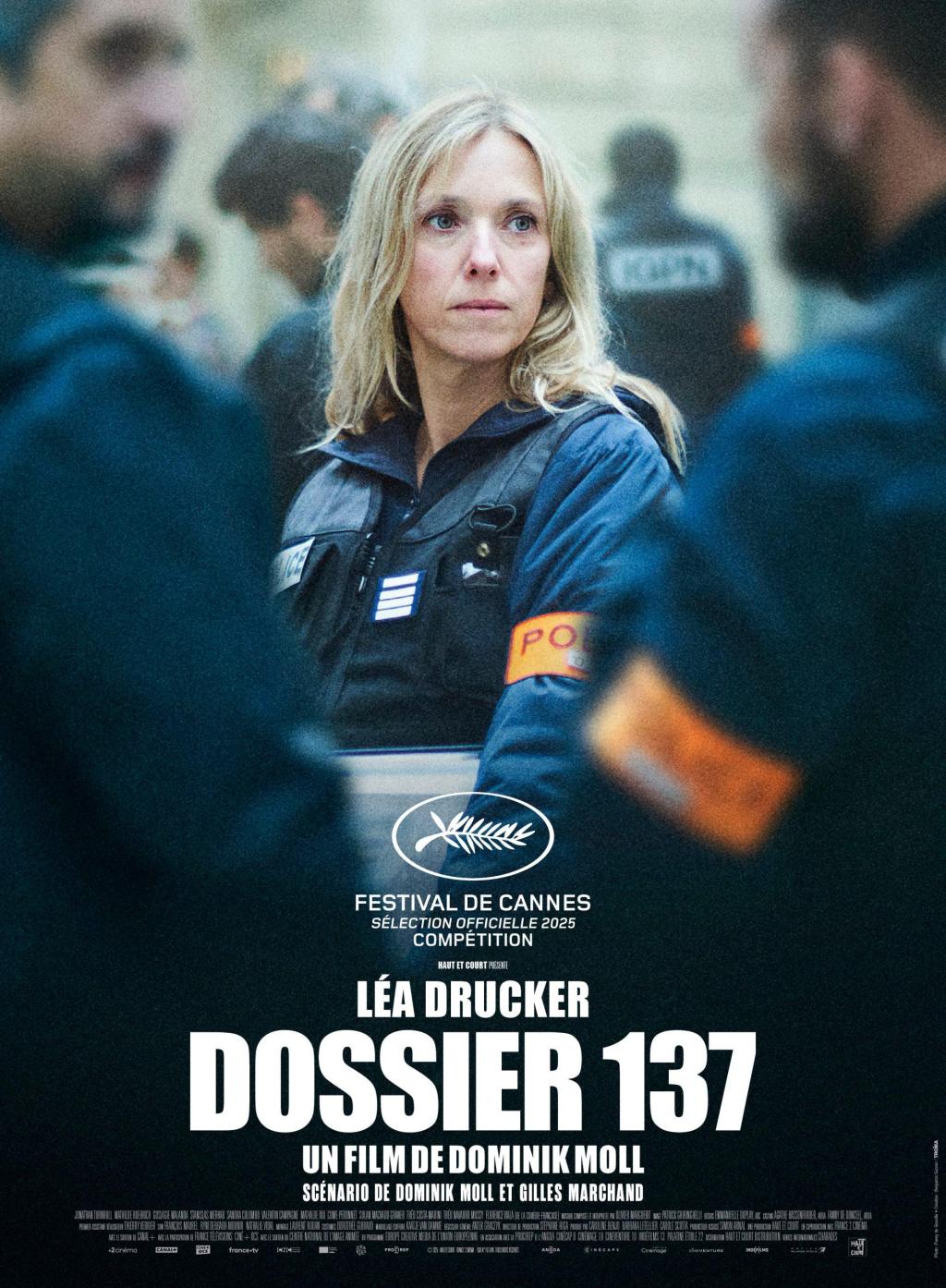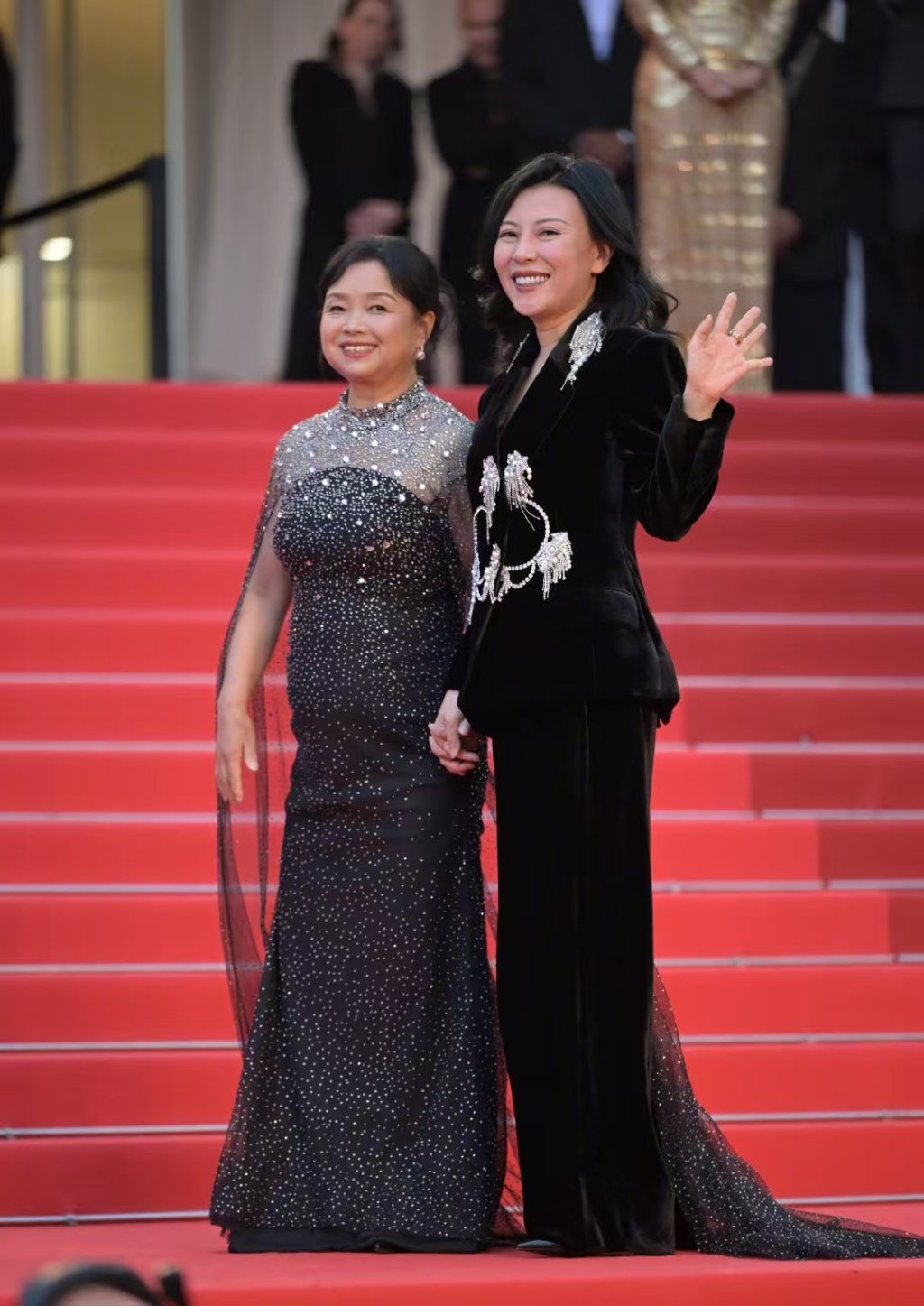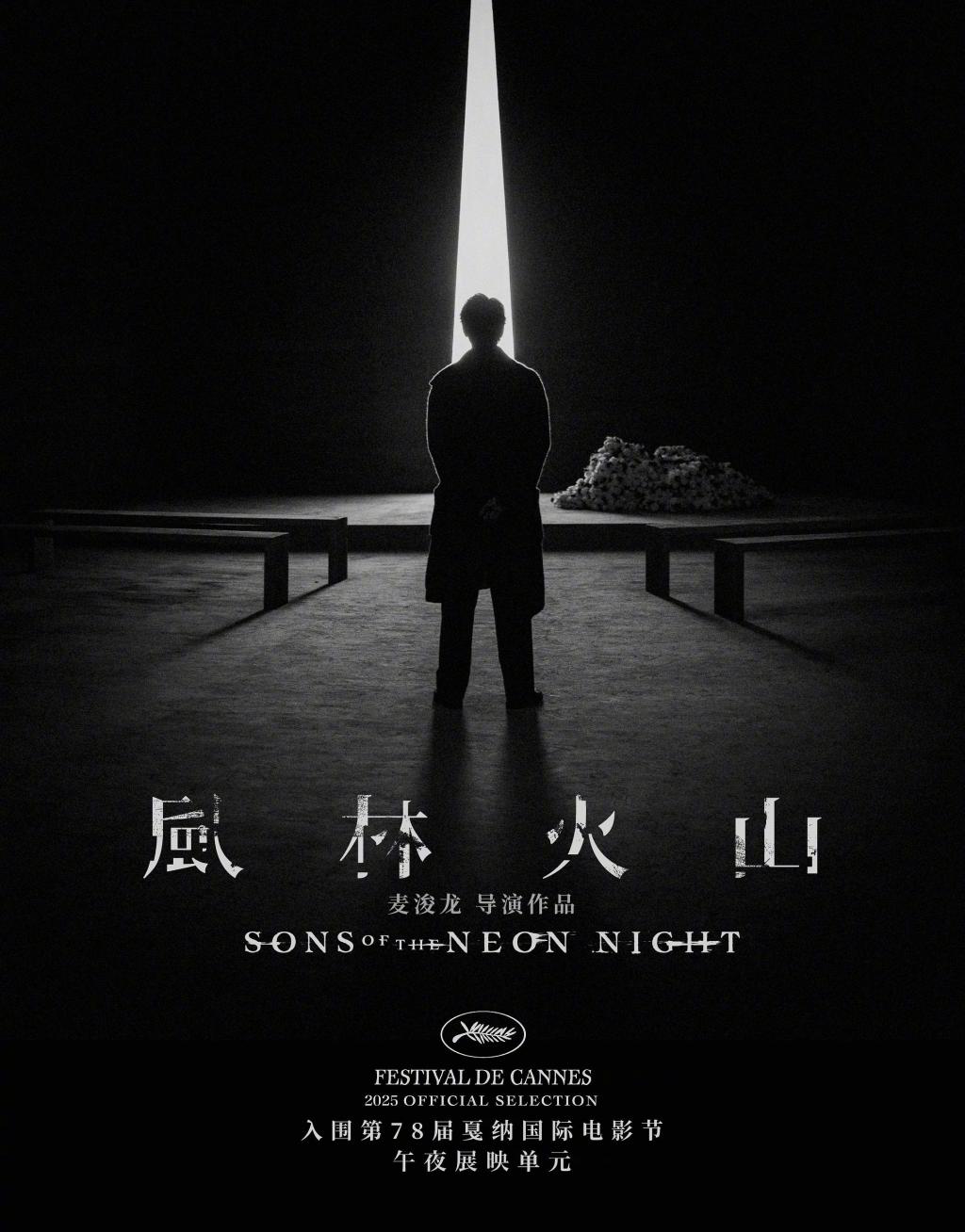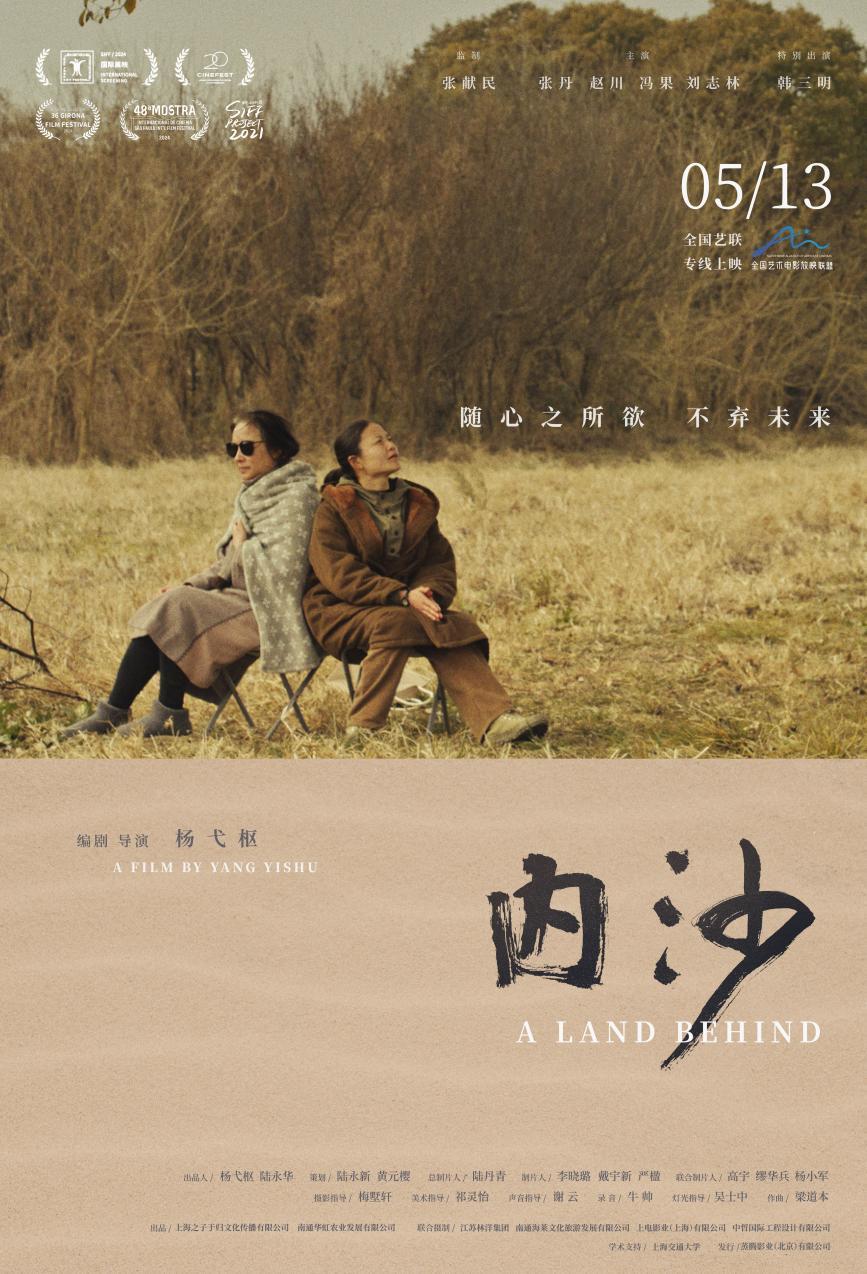
On the evening of May 15th local time, the French police film "Dossier 137", which was shortlisted for the main competition unit of this year's Cannes Film Festival, held its world premiere.

Poster of Case 137
The red carpet ceremony of "Case 137" attracted actors from all over the world, including Diane Kruger, Andie MacDowell, Hirose Suzu, Donnie Yen, and Zhong Chuxi. After the film was finished, it won an 8-minute standing ovation from the audience, which deeply moved director Dominik Moll.

May 2025, local time, Cannes, France, the 78th Cannes Film Festival, "Case 137" movie promotion. Visual China Photo
However, one of the actors in the film, Theo Navarro-Mussy, missed all of this. The reason is that the French actor was accused of sexual assault earlier, and the organizers of the film festival decided to ban him from participating in the red carpet ceremony and the film premiere. This is the first time in the history of Cannes that someone has been banned from participating in the film festival due to sexual assault allegations. Before this, the Cannes Film Festival had never announced official regulations on how to deal with people involved in sexual assault cases participating in the competition and exhibition.
Born in 1991, Theo Navarro-Mussi is not a big French actor. In "Case 137", he only played the role of an ordinary police officer, which is a minor supporting role. However, since 2018, he has been involved in multiple sexual assault lawsuits and accused of rape by three ex-girlfriends. In April this year, the entire lawsuit was returned by the court due to insufficient evidence, but the prosecutor still intends to appeal, and the three victims also plan to file a civil lawsuit.
The latest to get the news was the French magazine Telerama, which immediately approached Cannes Film Festival chief Thierry Frémaux to verify the matter, confirming that Theo Navarro-Mussi was rejected by Cannes because an actors' organization had written to him earlier, alerting him to the lawsuit he was involved in and emphasizing that prosecutors were preparing to appeal, meaning he had an ongoing sexual assault lawsuit.
Although Theo Navarro-Mussi is indeed unknown as an actor, he only started acting in movies in 2023, and most of the time he can only play soy sauce in various French TV series, but the news that he was rejected by Cannes caused quite a stir in France. Unlike Hollywood, where "cancel culture" is prevalent, France has always respected the so-called "innocent until proven guilty" spirit. In similar situations in the past, the mainstream view in the film industry and even in French society is that as long as the law has not made a final judgment, the relevant persons are innocent, and the media and relevant parties should not judge before trial, and should not punish on behalf of the law. Previously, whether it was director Roman Polanski or actor Gérard Depardieu, from the top of the French government to the organizers of various film awards, they all held this attitude towards them.

Theo Navarro-Mussi in the French drama "Hippocrates."
However, in recent years, influenced by the anti-sexual assault movement in Hollywood, the French film industry has also been exposed to various sexual assault scandals, and calls for change are growing. In January 2023, the César Awards, which represents France's highest film award, took the lead in announcing that all nominees who have been convicted of sexual assault or have not been convicted but are under investigation or in the process of litigation are not allowed to attend the awards ceremony. Before the case is decided, they cannot accept any César awards publicly or secretly. This time, the Cannes Film Festival has obviously followed up in all aspects and no longer emphasizes "innocent until proven guilty". As long as there is a sexual assault lawsuit, it will be blacklisted.
In this regard, Theo Navarro-Mussi said in an interview with "Movie World" that he could understand the decision of the Cannes organizers, but he still denied the sexual assault allegations and emphasized that the case had been heard and "the charges have been cleared at this stage", but he was still rejected by Cannes, which made him "very worried" about his career. On the other hand, his attorney said that he had not received a written notice of appeal from the prosecution and there was no civil lawsuit, so he felt that Cannes's approach was quite inappropriate, because it meant that as long as the prosecution did not appeal and as long as there were variables in the case, his client would always be on Cannes' blacklist, which was very unfair.
In 2023, French actress Adèle Haenel wrote to the media before the Cannes Film Festival, publicly criticizing Cannes for its tolerance of sexual assault offenders. In response, Frémaux said at a press conference that year that this statement was "false and untrue."

On December 10, 2024, local time, in Paris, France, actress Adèle Haenel appeared in court on the second day of the trial in which she accused director Christophe Luquia of rape. Visual China Photo
Last year, another French actress, Judith Godrèche, sparked a new round of anti-sexual assault movement in the French film industry by exposing the sexual assault of director Benoît Jacquot and others. Earlier this year, under her leadership, the French National Assembly conducted an investigation into the film industry. The results of the investigation released last month pointed out that sexual abuse and physical and psychological violence are widespread in the French film industry. Sandrine Rousseau, the chairperson of the investigation team and a Green Party member of the National Assembly, called on the Cannes Film Festival to set an example and eliminate this phenomenon.

On May 17, 2024, local time, in Cannes, France, at the 77th Cannes Film Festival, Judith Godrech attended Kering's "Women in Motion" speech event. Visual China Photo


